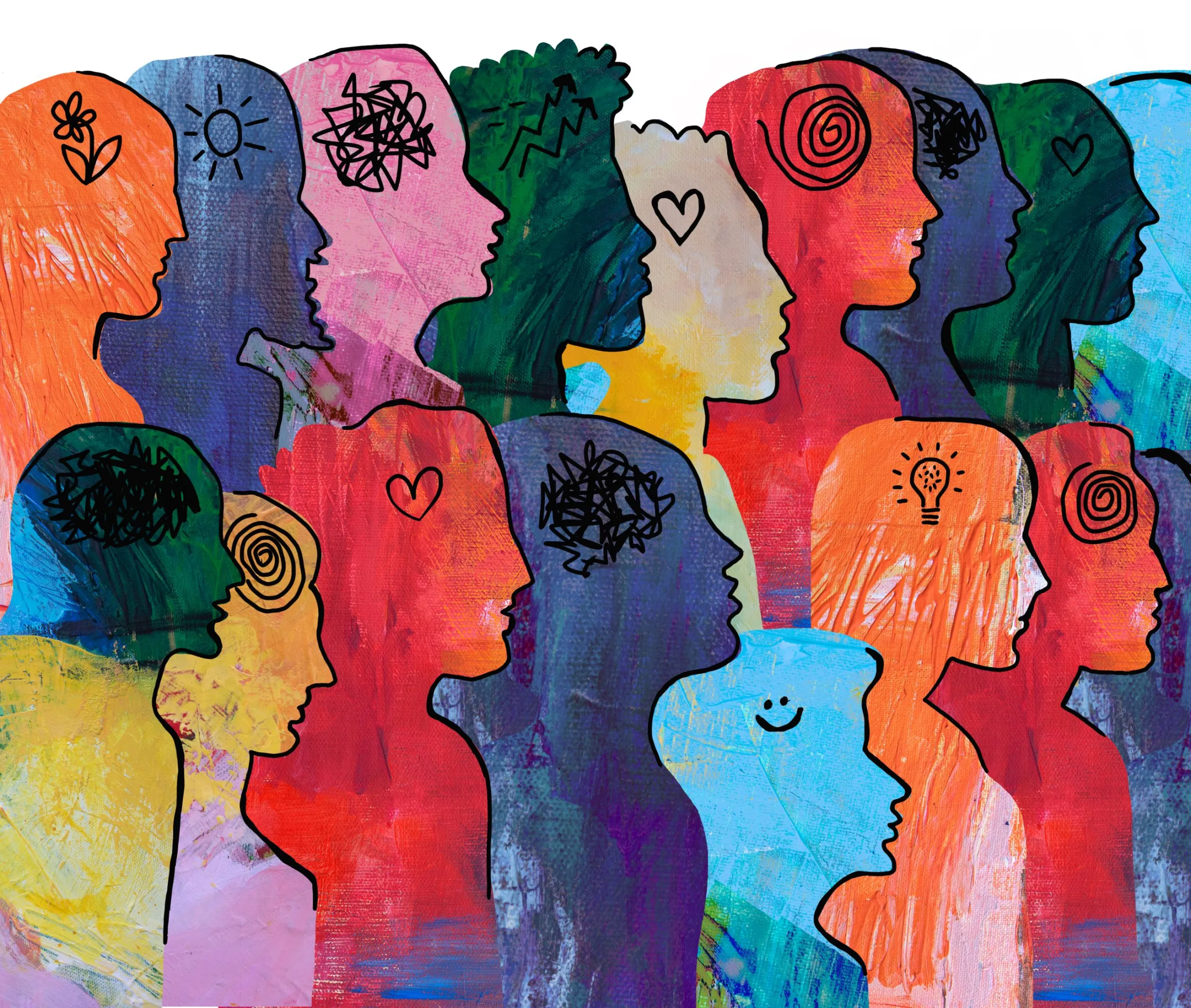Despite efforts to close gap, parity in mental health care remains elusive

The Center for Public Integrity by Nora Fleming, May 16, 2024: Newsrooms in nine states reported on disparities in mental health treatment and efforts in some states to improve access.
In recent years, mental health care has become a mainstream issue.
President Biden proposed an expansion of services nationwide. Lawmakers and celebrities speak openly about their struggles. States are providing incentives to expand the behavioral health workforce. Companies are recognizing the need for mental health leave. Telehealth care is rapidly expanding.
But countless surveys have found people assume they cannot receive mental health treatment or have to pay hefty costs for care. They aren’t wrong.
Approximately 1 in every 5 people has a mental health condition, and more than half, received no treatment at all. These statistics do not represent a sudden shift but a deep-seated problem rooted in many decades of history.
After documented abuses forced closures of mental health institutions across the country in the mid-1900s, community-based services became the norm. But pervasive stigma and underinvestment by the government limited the resources necessary to support widespread need.
Some lawmakers and advocates, including former First Lady Rosalynn Carter, believed better, more equitable insurance coverage for mental health services could improve access and lessen the stigma. In 1996, the first federal parity legislation passed, requiring that certain insurance providers offer mental health care benefits on par with those for medical or surgical care. Legislation adopted in 2008 and the Affordable Care Act of 2010 expanded the reach of the 1996 law to more people and providers.
But the system remains inequitable. Even with federal mandates and state laws on the books, violations by insurance providers and state agencies occur regularly. People are denied coverage, capped on visits or required to pay higher costs for mental health versus medical care. Unaware of their rights, people go without services — with potentially disastrous impacts.
“If you think about food insecurity, if you think about housing insecurity, if you think about the underinsured and unemployment, poverty, all of those things are clearly linked in studies to mental health outcomes,” Dr. Enrique Neblett, Jr., a professor of health behavior and health education at University of Michigan told Naseem Miller from the Journalist’s Resource.
To unearth mental health care disparities, the Carter Center, along with the Center for Public Integrity, launched the first newsroom cohort of the Mental Health Parity Collaborative in 2022. In the last two years, 32 news outlets in nine states have collectively published more than 70 stories that have won awards, resulted in legal and public action, and shed light on solutions.
Read more from the Center for Public Integrity here.




